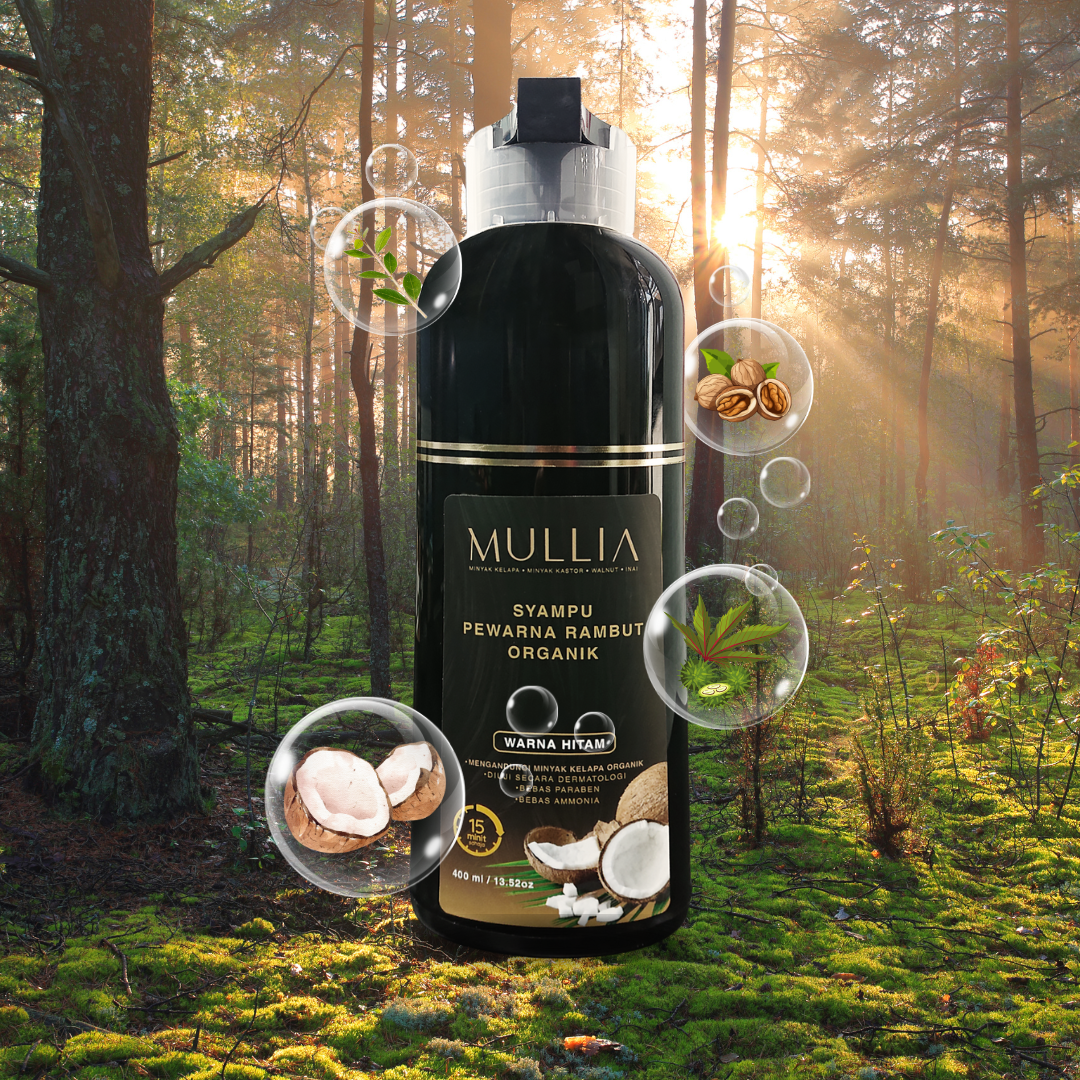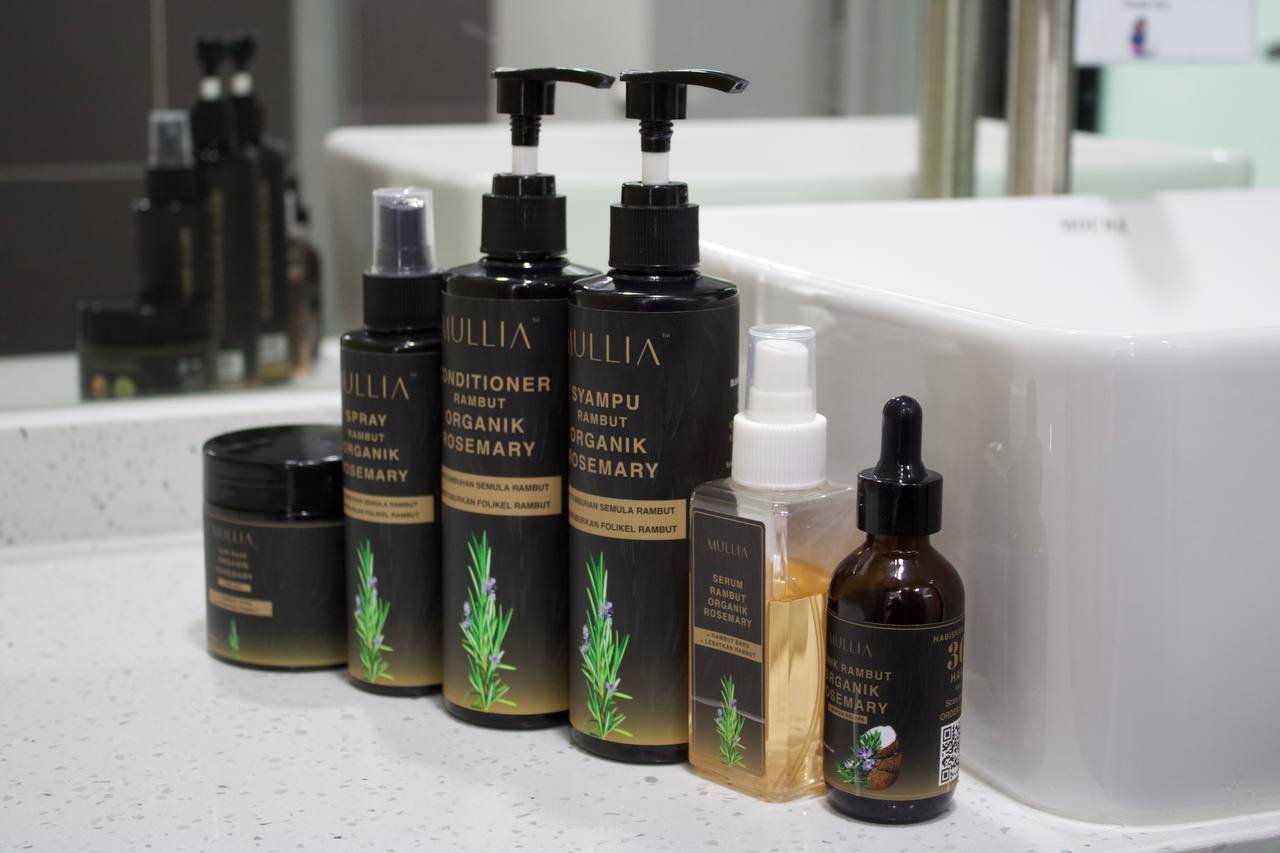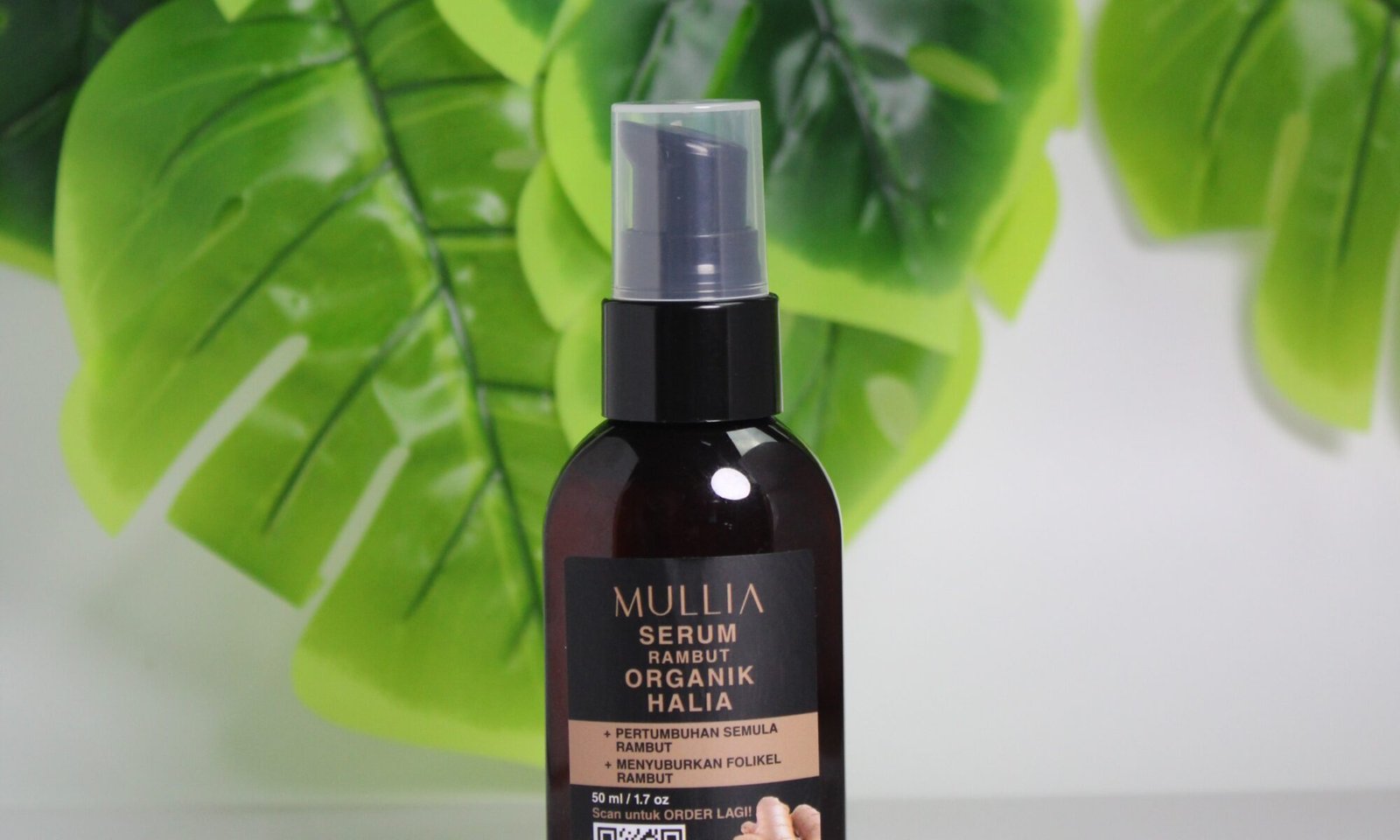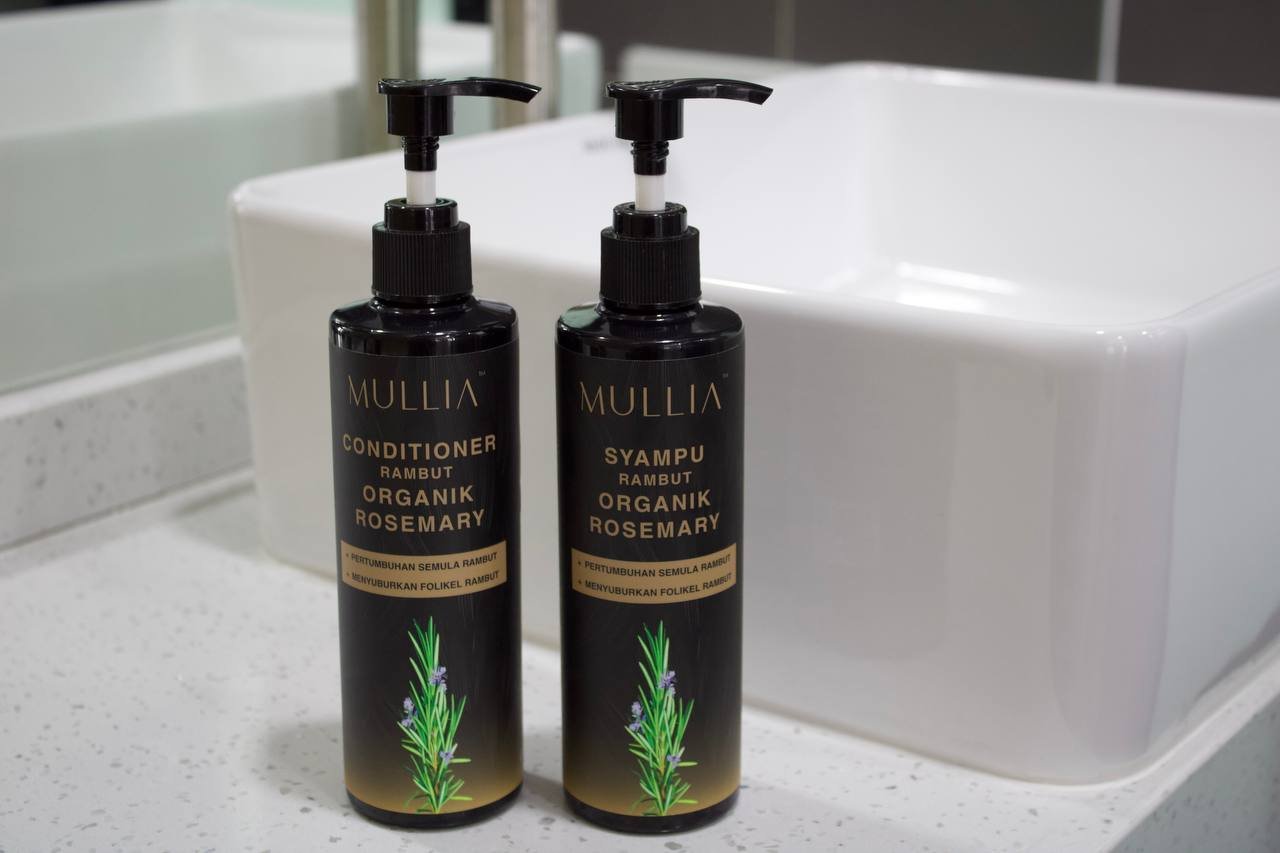Botanical extracts have long been valued for their potent therapeutic properties and their ability to nourish and revitalize hair. From soothing aloe vera to strengthening ginseng, botanical extracts offer a wealth of benefits for hair health and vitality.
Aloe vera, for example, is prized for its soothing and hydrating properties, making it an ideal ingredient for dry, damaged hair. Rich in vitamins, minerals, and amino acids, aloe vera helps to moisturize the scalp, reduce inflammation, and promote healthy hair growth.
Another popular botanical extract is ginseng, which is renowned for its stimulating and invigorating effects on the scalp. Ginseng extract helps to improve blood circulation, strengthen hair follicles, and stimulate hair growth, making it an excellent choice for those experiencing thinning or weak hair.
In addition to aloe vera and ginseng, there are numerous other botanical extracts that offer unique benefits for hair health. Coconut oil, for example, is rich in fatty acids that help to moisturize and condition the hair, while rosemary extract has antimicrobial properties that can help to prevent dandruff and scalp irritation.
By incorporating carefully selected botanical extracts into haircare products, brands can provide consumers with a natural alternative to traditional haircare






